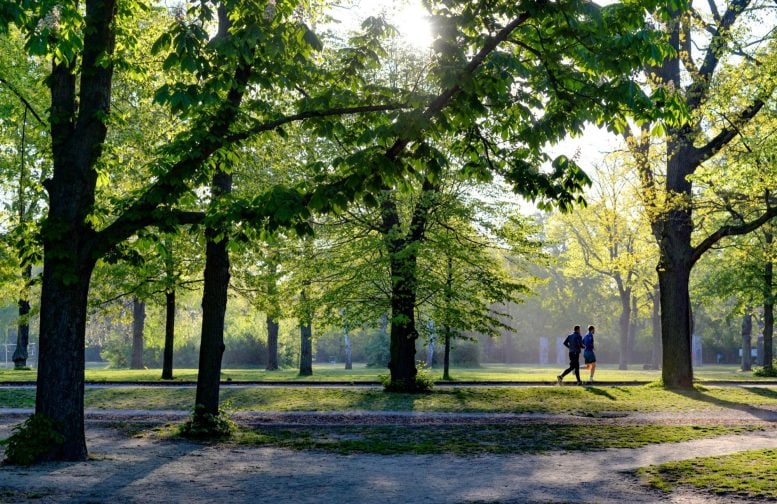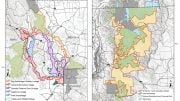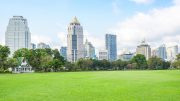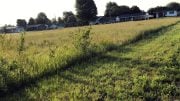
A study by University of Waterloo researchers has found that the economic health benefits and savings from investing in urban parks, such as increased physical activity, improved mental health, and better air quality, can significantly outweigh the costs, using the case of Peterborough’s Quaker Foods City Square park as an example.
A first-of-its-kind study has quantified the mental and physical health benefits of urban parks.
University of Waterloo researchers have developed a groundbreaking framework demonstrating the remarkable economic advantages and health-related savings resulting from investments in urban parks.
In an unprecedented study conducted in Canada, the researchers examined the newly established Quaker Foods City Square Park in Peterborough. Despite its $6.4 million price tag, the park is projected to generate economic value exceeding $4 million annually through various physical and mental health benefits. The framework takes into account the cost savings derived from enhanced mental well-being, improved air quality, the reduction in economic burdens associated with physical inactivity, and the increase in overall life satisfaction.
The study demonstrates the value of developing and enhancing urban parks as a strategy to improve population health and well-being and as a means of cost savings to the medical system.
“Investments in urban parks are among the soundest financial decisions a community can make,” said Jeffrey Wilson, professor in the School of Environment, Enterprise, and Development. “When you consider the population health benefits, the value of lessening climate-related impacts, and the role of parks to support economic development, we see how parks provide a large payback.”
The park was developed on land previously used as a parking lot to revitalize the downtown core of Peterborough. The study’s estimated benefits of this new space represent only a portion of the park’s value, as the researchers considered only a few benefits attributed to park use and vegetation cover.
Future research could calculate other benefits such as respite from hot temperatures, relief from noise pollution, increased biodiversity, and social benefits resulting from stronger feelings of community cohesion, higher levels of community engagement, and reduced isolation. The researchers also identified other factors, such as socio-demographic, cultural variables, and urban design features, that could be included to increase the rigor of the results and further quantify the return on urban park investments.
“Dollars drive decisions,” said Wilson. “It can be challenging for decision-makers to support the development and expansion of urban parks because there are competing land use pressures, and municipalities are responsible for park operation and maintenance costs. However, this study offers concrete evidence that the health system savings alone justify the financial investment.”
Reference: “The Economic Value of Health Benefits Associated with Urban Park Investment” by Jeffrey Wilson and Xiao Xiao, 9 March 2023, International Journal of Environmental Research and Public Health.
DOI: 10.3390/ijerph20064815









Be the first to comment on "More Than Green Spaces: How Investing in Urban Parks Improves Health and Saves Money"